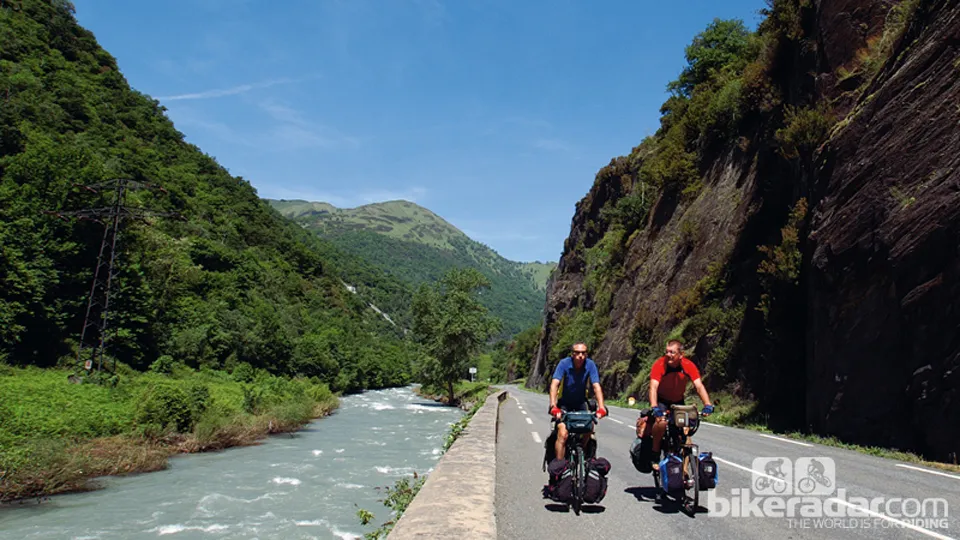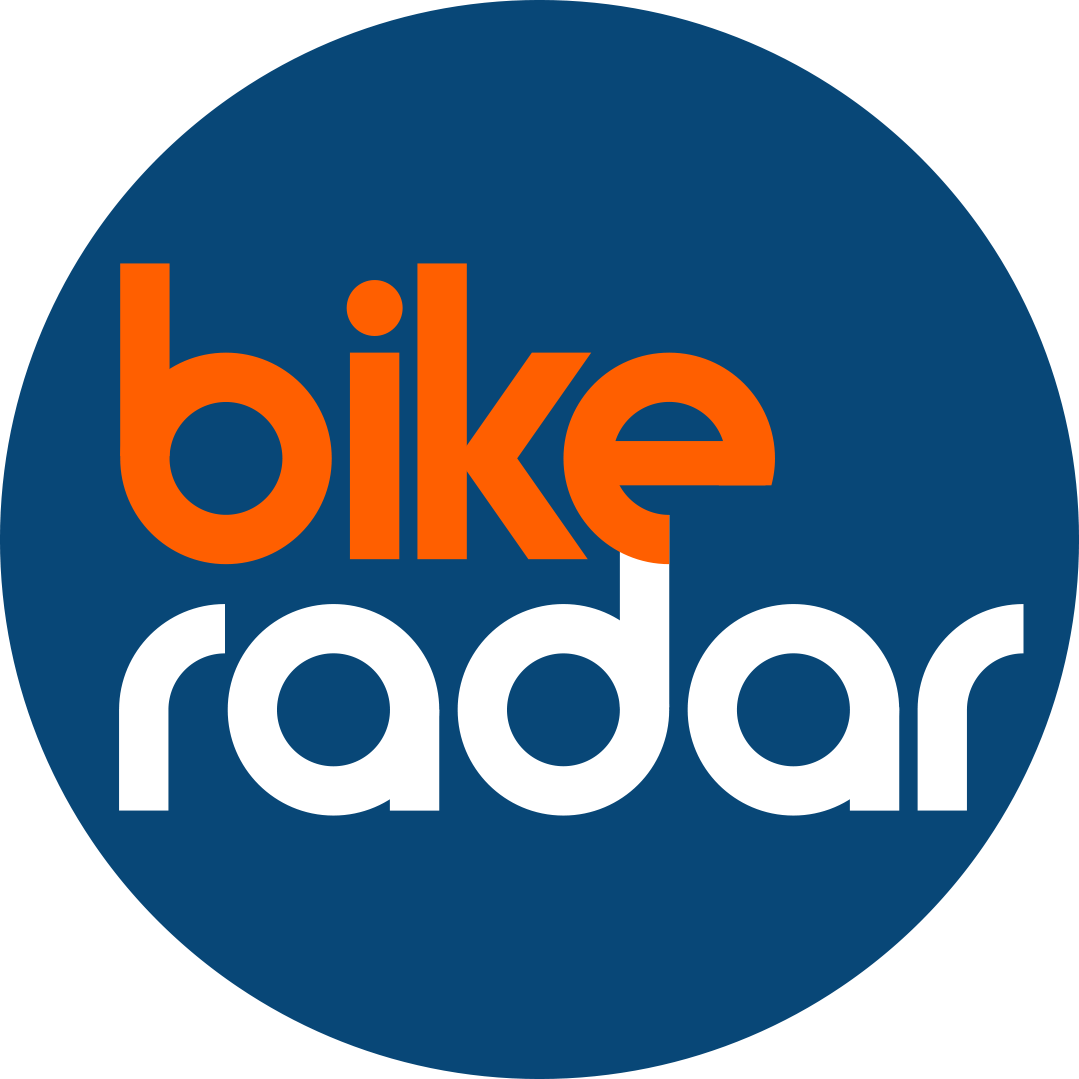Think of cycling in France, and the Tour de France inevitably springs to mind. But while France may be home to the world's premier cycling race, it has something to offer cyclists of all abilities and disciplines, not just lycra-clad racers.
Why go cycling in France?
Frankly it's more a question of why wouldn't you go on a cycling holiday in France?! France has some of the most varied terrain in the world. From the rugged and rocky Breton coast in the north, to the sweeping sands of its southern reaches, France boasts vine-covered flatlands, romantic canals, rolling hills, quiet country roads and sleepy villages, all waiting to be explored by pedal power.
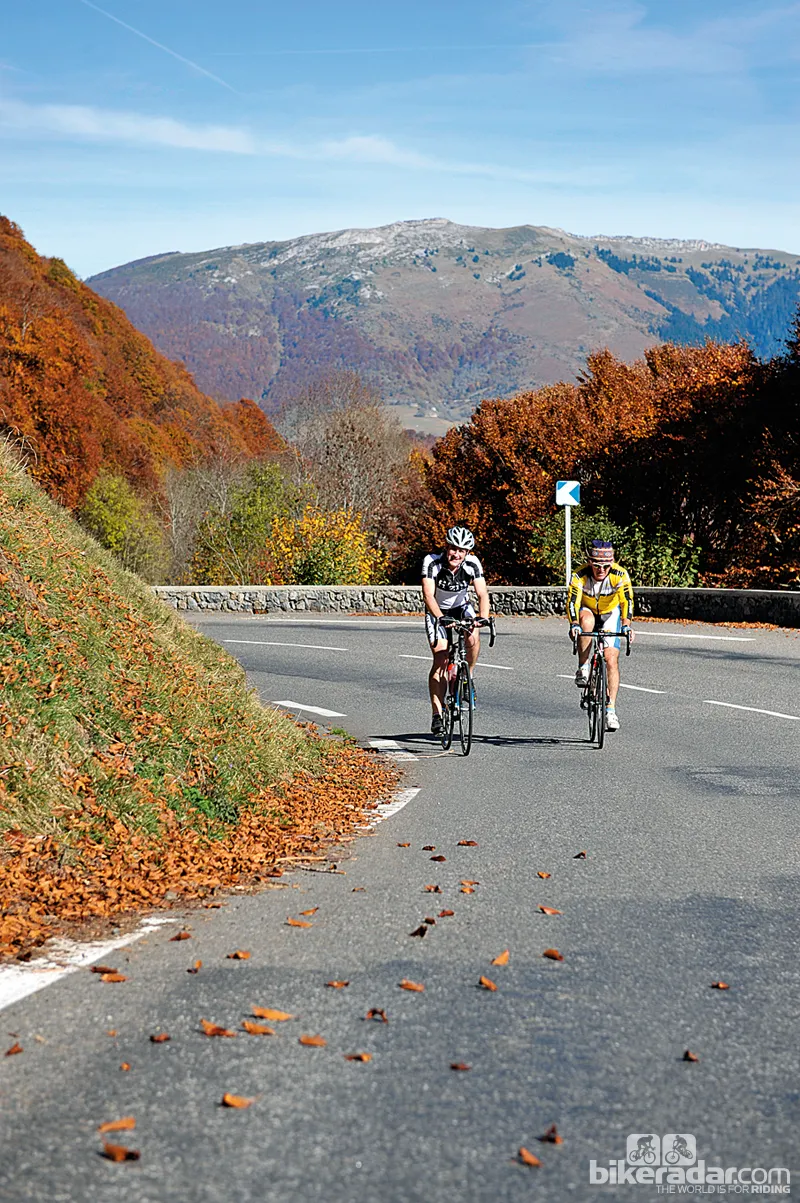
There are also some serious mountain ranges to pedal up – or career down, if you prefer. Throw in some of the world's best food and wine in the world to sate your appetite and a culture that positively adores the bicycle, and you have a winning combination.
Road cycling in France
With more than half a million miles of non-motorway roads criss-crossing the country, and a mention the network of bike-friendly trails that enable cyclists to escape those of a more petrol-powered persuasion, France provides bountiful opportunity for exploration by bike.
For cycling softies seeking a leisurely pedal, you can't beat the Canal du Midi in the Languedoc-Roussillon. Built during the reign of Louis XIV, the canal runs from Toulouse to the Étang de Thau, a lagoon on the Mediterranean coast near the town of Sète.
The canal, a UNESCO World Heritage Site since 1996, is 240km long. If that sounds like a long way, fear not – it is easy to tackle it in bite-sized chunks. Head east along the canal from the Étang de Thau and some 150km later you'll be in Carcassonne (another UNESCO World Heritage Site) ready to raise a toast to the work of the canal's architect Pierre-Paul Riquet. Two World Heritage Sites, navigable in five easy, dapple-shaded and pan-flat days? Now that's some bang for your cycling buck.
Fitness fanatics who fancy more of a challenge should head to the Pyrénées. Like the Alps, the Pyrénées is littered with Tour legend, but these peaks tend to be quieter than those of its larger cousin. The relative proximity of many of its famous climbs makes it easy to construct an itinerary that takes in the best of the Tour's torturous ascents.

Tackle the ominously nicknamed Circle of Death by starting in the city of Pau and heading to the spa town of Bagnères-de-Luchon, nearly 200km away to the east, via four famous Tour de France cols: the Aubisque, Tourmalet, Aspin and Peyresourde. That's more than 4,000m of climbing. The professionals do it in a little over five-and-a-half hours, but you can break it up into two or three days for a more 'pleasurable' experience, taking time to soak in the fabulous mountain views on offer.
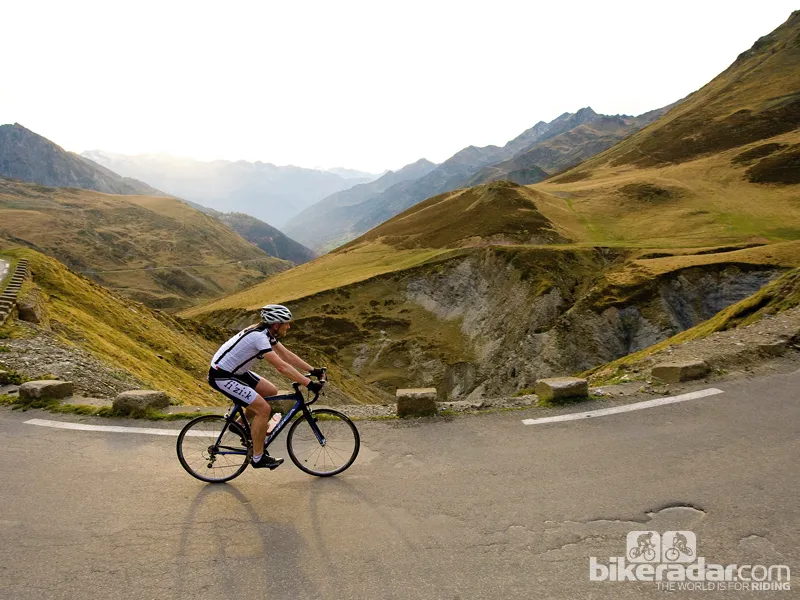
Mountain biking in France
As one might expect for a country with five mountain ranges, France has its fair share of mountain biking terrain.
In the Alps, Les Deux Alpes, in the Isère département, has more than 100km of marked mountain biking trails and 28 downhill tracks. The resort caters for all levels of abilities, from novices first taking their pedal strokes off-road to thrill-seeking experts looking to push themselves to the limits. There's even a bike park and a skills centre for beginners to hone their bike-handling skills before heading out onto the mountain.
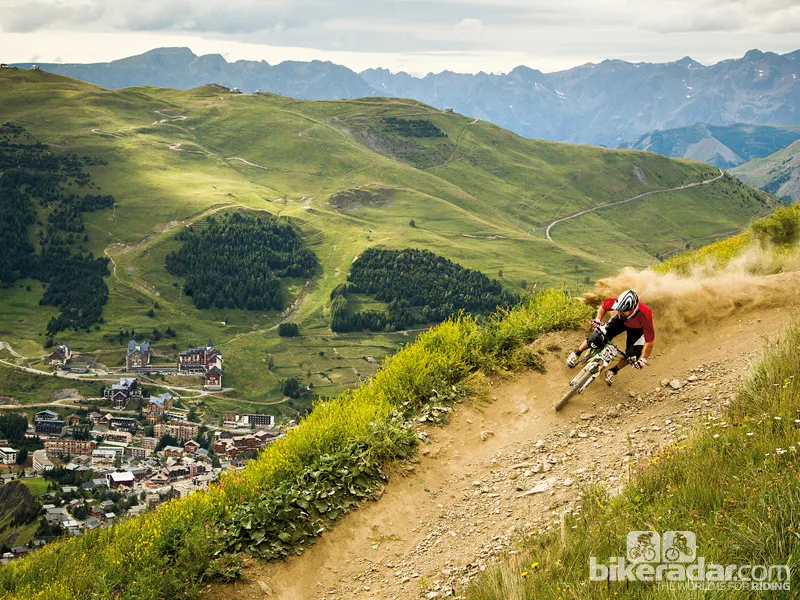
Away from the Alps, a good option is the Jura. The Pays de Gex domaine has 150km of marked trails across five different areas: Crozet, Divonne-les-Bains, Lélex, Bellegarde, Menthières and Léaz. Trail distances range from just 1km up to 40km and rank from very easy to quite hard.
Another possibility is the Grand Tranverse of the Jura (GTJ): a 380km route through some stunning Jura scenery. The trail starts near Mandeure in the north and winds its way south, through the National Park of the Haut Jura to Hauteville-Lompnes in the south, taking you up to 1,500m in altitude on the way.
What non-cycling activities are there?
Along the Canal du Midi, you could spend some time fishing – a 15-day licence can be bought from village tabacs for about €30. In the Pyrénées, you can soak away the pain at one of the many Thermes, such as Bagneres-de-Luchon.
You can take to the air at Les Deux Alpes and go paragliding to see the mountains from a rather different perspective, while in the Jura you can go canoeing on the river Doubs.
When's best to go?
Spring and early autumn are prime times to go to France when the weather is still warm but the crowds of summer have either yet to arrive or have departed. Care should be taken when considering a trip to the high mountains in spring to ensure the snows have cleared – the high passes of the Pyrénées and Alps can still be snowed in as late as June.
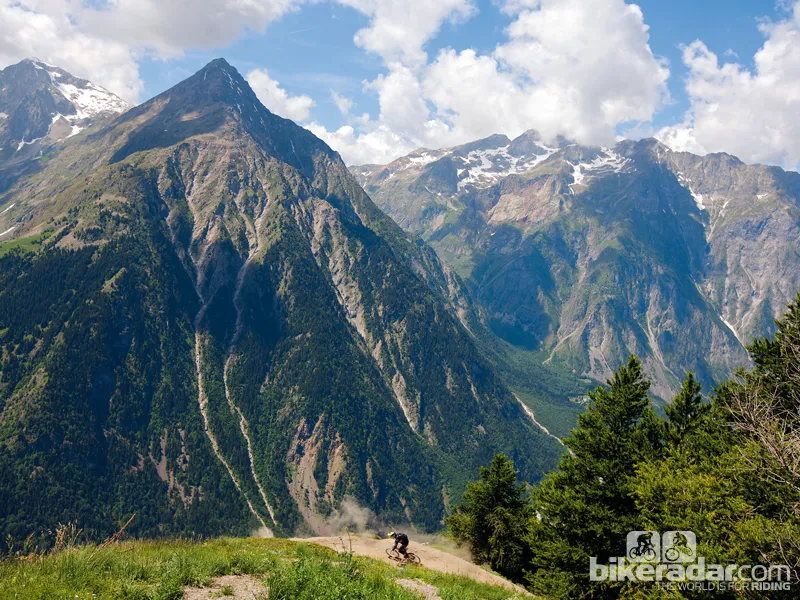
You could also coincide a ride along the Canal du Midi with Sète's Saint-Louis festival at the end of August, to enjoy the unique spectacle of water jousting, a tradition that dates back to 1666 and the founding of the port.
How to get there:
Fly to Marseilles or Beziers for the Canal du Midi, Toulouse, Pau or Lourdes-Tarbes for the Pyrénées, and Grenoble, Lyon or Geneva for the Alps. Geneva is also the closest airport for the Jura. Both the Jura and the Alps are within a 10-hour drive from Calais.
Where to stay:
In Sète try the stylish Grand Hotel, opposite the Canal de la Peyrade, from €100 for a standard double room. Alternatively stay in the comfortable B&B La Maison sur le Port, situated in Meze, across the Étang de Thau from Sète, which has doubles from €55.
For a luxurious stay in Pau, opt for the Villa Naverre. This 30-room hotel, dating from 1865, has two hectares of parkland yet is still just a couple of kilometres from the city centre. It has doubles from €189. If camping is more your thing try Les Sapins. Pitches for a tent and two adults cost from €13 or you can rent a mobile home for the week from €320.
Mountain bikers heading to Les Deux Alpes, should stay in the resort at the Hotel Le Cret, doubles from €35. Alternatively camp off the mountain, in the charming village of Venosc. Camping La Cascade has pitches from €10 for a large tent.
In the Jura, stay in the heart of the national park in Mijoux at Le Soleil. Doubles cost from €60.
